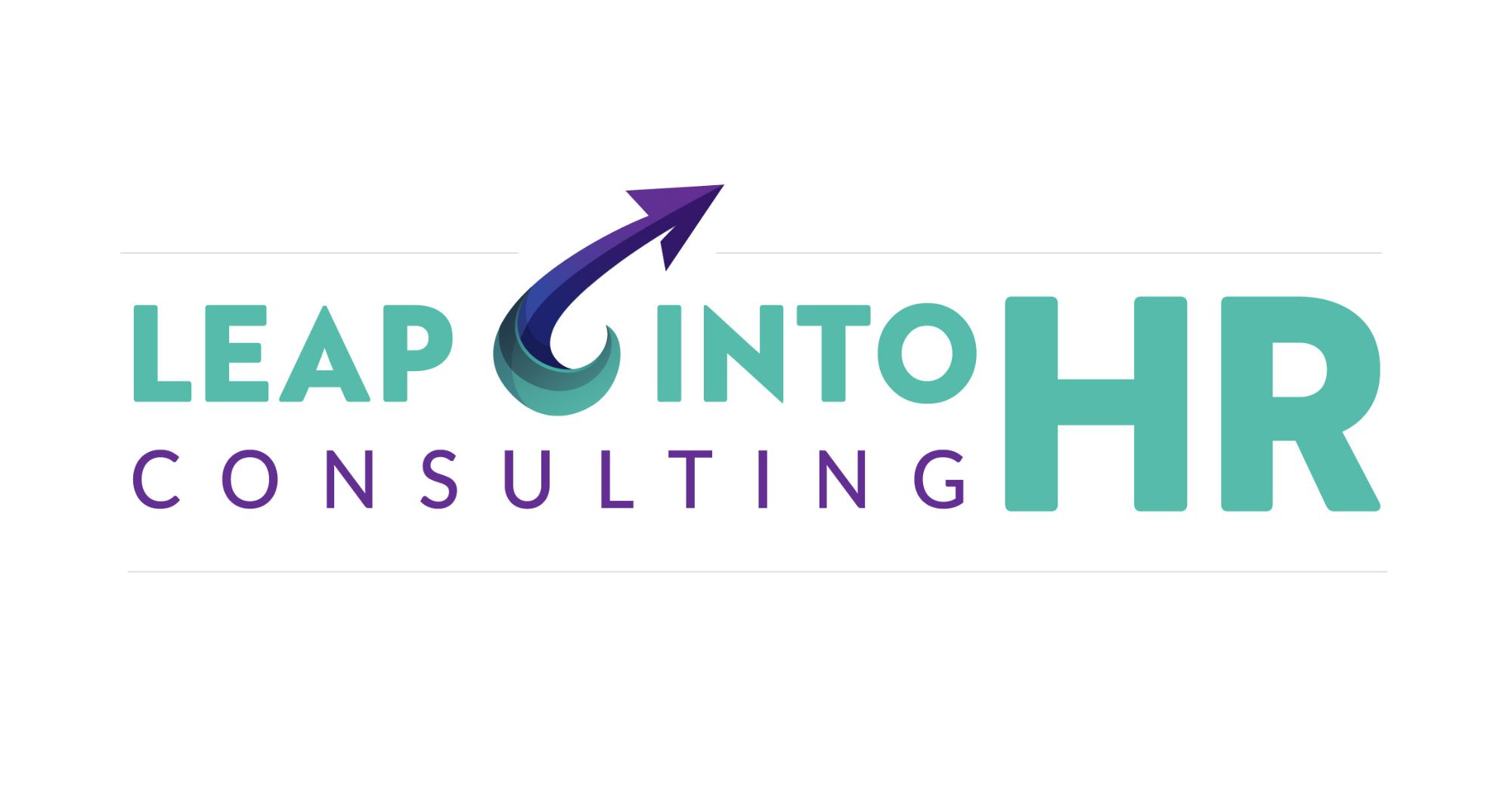Comparing the Cost of Bootcamp vs DIY: What’s the Smartest Way to Launch Your HR Consultancy?
Posted on
Comparing the Cost of Bootcamp vs DIY: What’s the Smartest Way to Launch Your HR Consultancy?
Making the leap from a corporate HR career into consulting is exciting but it also raises one
Final Thought: The Best Investment You Can Make is in Yourself
When you view Bootcamp as a cost, it’s easy to hesitate. But when you see it as an investment in your future business, the equation is clear:
-
One retained client at £1,000/month pays for Bootcamp in less than 2 months.
-
Launching 6 months earlier could mean £10,000+ in additional income.
-
Avoiding common mistakes can save £5,000+ in wasted spend.
The question isn’t “Can I afford Bootcamp?” it’s “Can I afford to waste six months figuring it out alone?”

